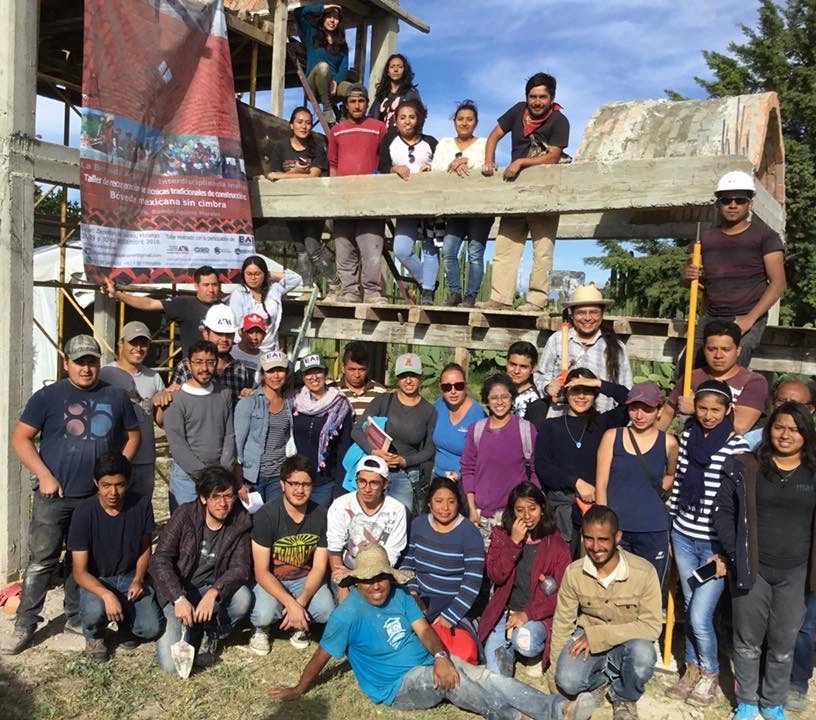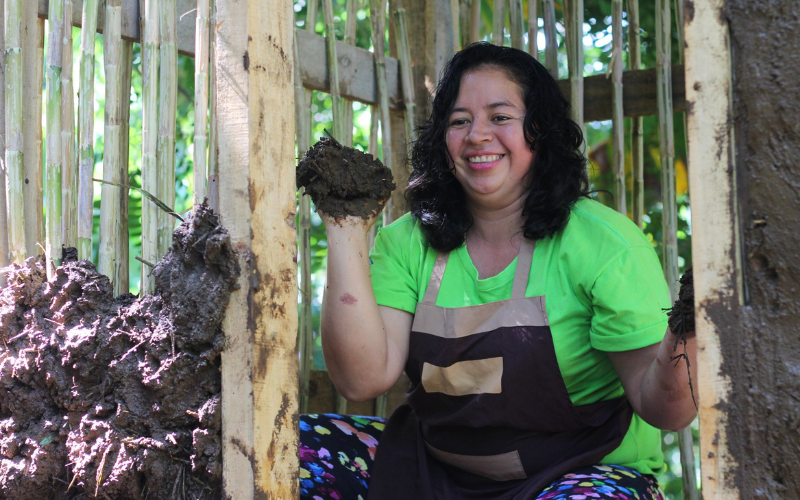In Latin America, 120 million people live in informal settlements or inadequate conditions, making housing inequality one of the region’s most pressing social concerns. Inadequate housing is a barrier to accessing many other rights, such as security, work, education and health. More than 70% of current homes in the region are created through the ‘social production of habitat’, for example through individual or community initiatives to build, improve and manage their own living environment. Despite this, academic training given to professionals, such as architects, engineers and urban planners, fails to address the role of communities in housing development.
ULACAV (the Latin American University Network of Housing Departments) is a network of 12 emeritus professors and 65 university departments which, since 1994, has been working to reshape the academic landscape through training, research and community projects that promotes citizen participation and a rights-based approach to urban development. The network’s members also engage with social movements and advocacy groups and government agencies to influence local and national policy across the seven countries in which ULACAV is active.
Between 2017 and 2021, the network’s members trained 14,764 students, worked in 1,278 communities where 783,200 people live, and partnered with 490 public organisations. Through its work, ULACAV is contributing to the crucial institutional change needed to impact housing development across Latin America for generations to come.













